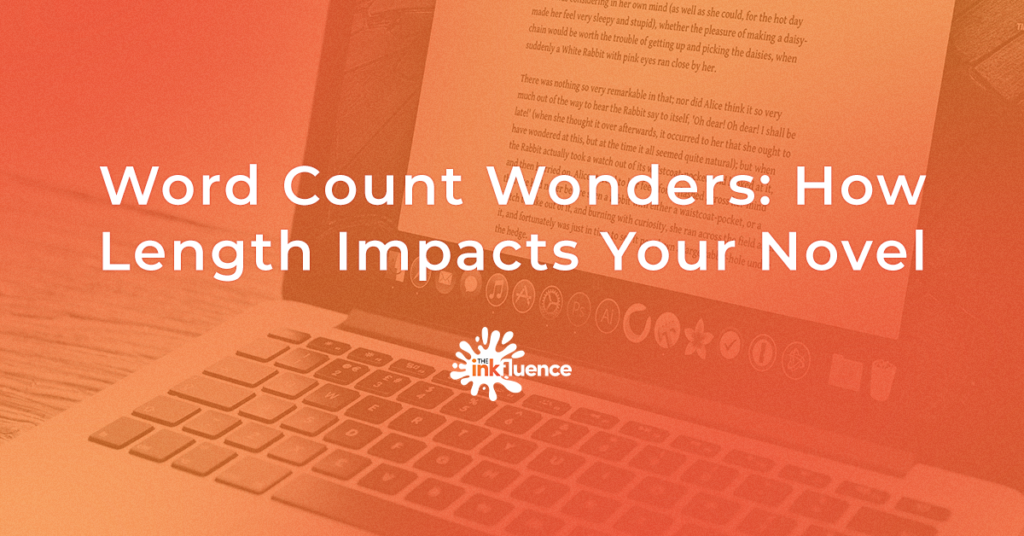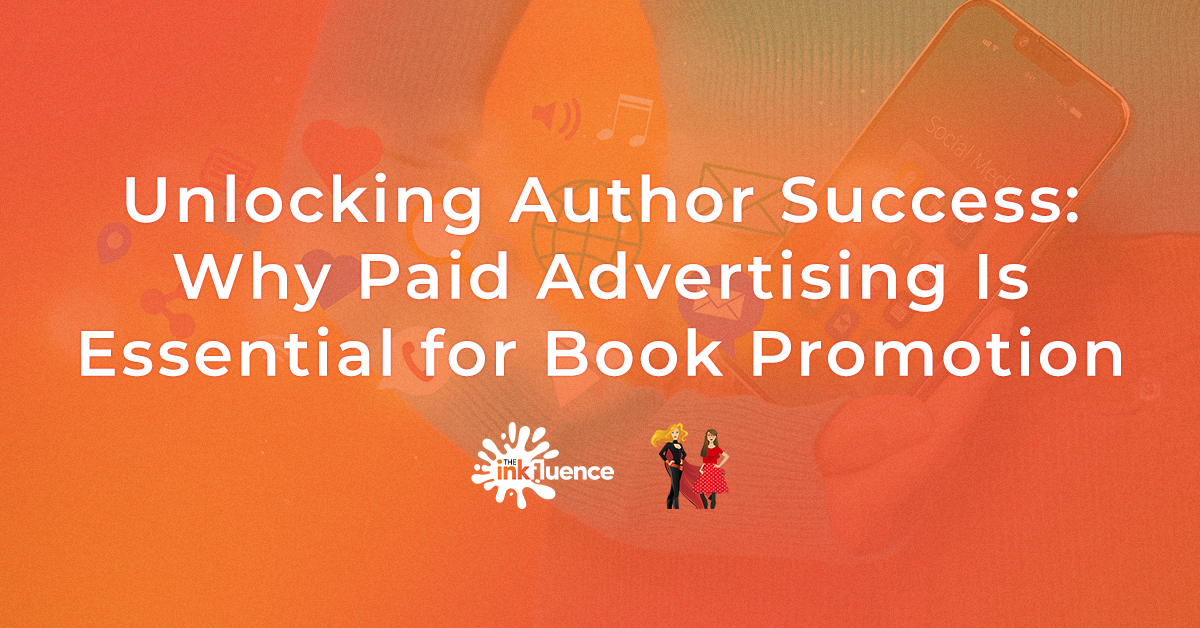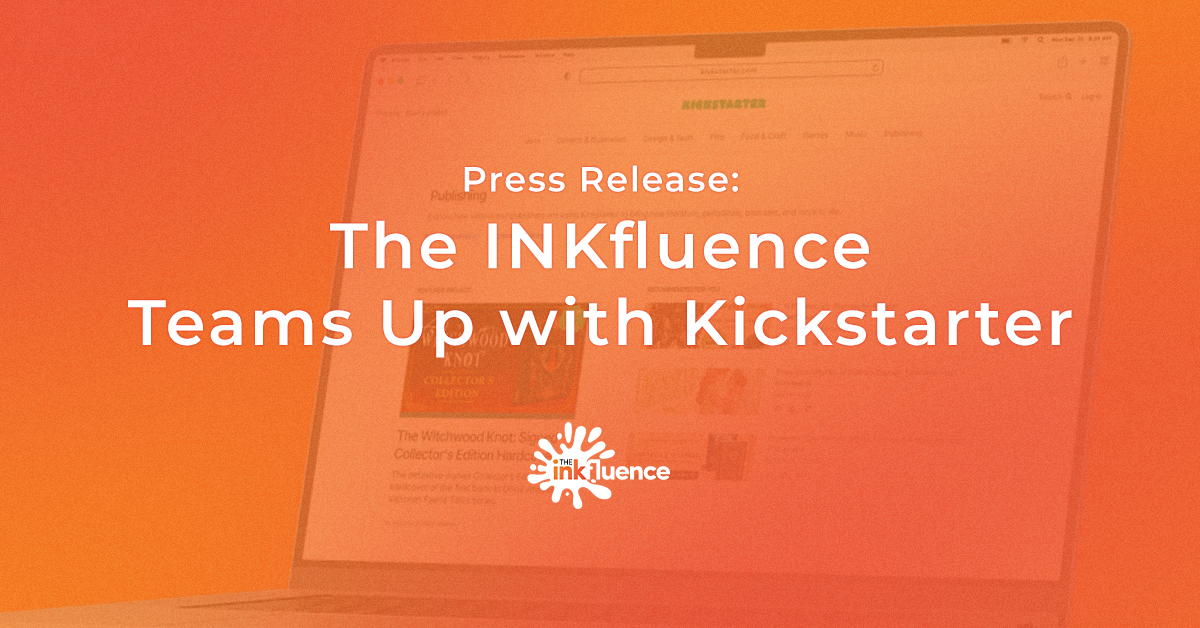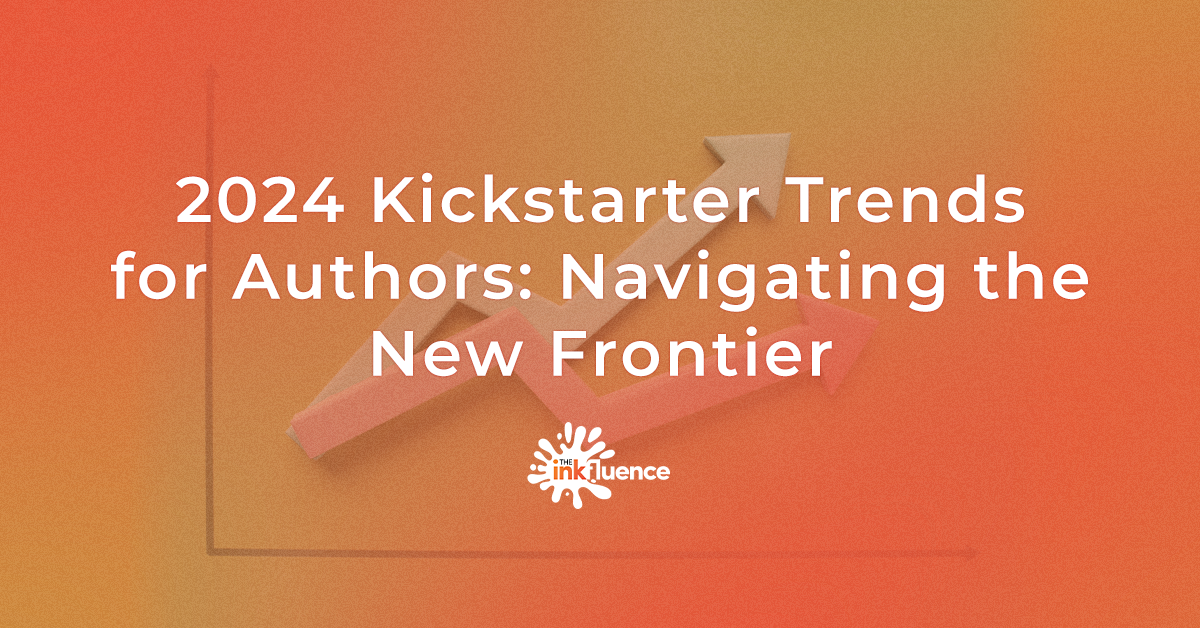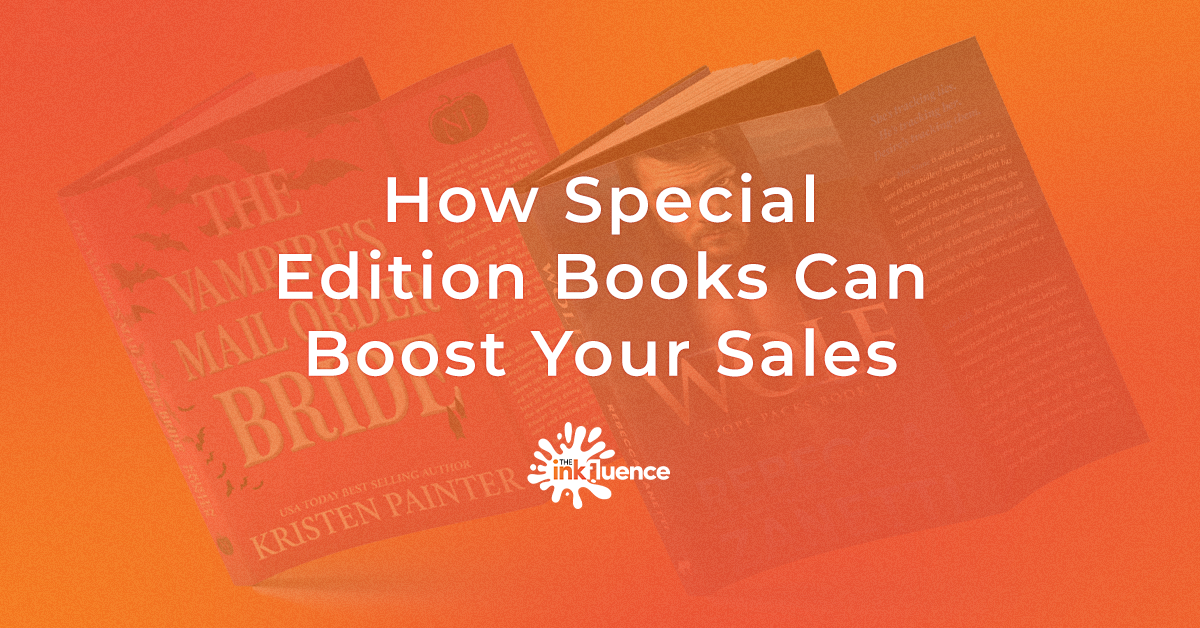You’re sipping a warm drink, laptop open, fingers poised above the keyboard, ready to embark on a new writing project. Suddenly, you wonder, “How long should my book be?” If this sounds familiar, you’re not alone. Many budding authors grapple with this very question. Today, we’re going to decode the mystery of word counts across genres and highlight why this aspect is more crucial than you might think.
What’s in a Novel’s Word Count?
By definition, a novel surpasses 40,000 words, with the average novel ranging from 80,000 to 100,000 words. Although there’s no strict upper limit, length should align with genre-specific expectations and the intended audience.
Imagine reading a fantasy novel filled with intricate realms, magical beings, and a spellbinding plot. A reader knows they are signing up for an immersive experience. Therefore, a word count of 125,000+ words might be anticipated. On the contrary, a mystery enthusiast expects a crisp plot with crime, clues, and culmination. If your detective tale clocks in at 125,000+ words, you risk deterring readers seeking the more common 80,000-word journey.
Once you’re set on your genre and target age group, you can harness average word counts as a roadmap for your narrative.

Word Count Guidelines by Genre and Age
Fiction Genres:
- Fantasy: 90,000-125,000 words (epic fantasies can reach 200,000 words)
- Romance: 50,000-90,000 words
- Science Fiction: 90,000-125,000 words
- Mysteries & Crime: 80,000-90,000 words
- Thrillers: 80,000-100,000 words … and the list continues.
By Age Group:
- Adult: 80,000-125,000 words
- Young Adult: 50,000-90,000 words … and so forth.
Sure, exceptions abound, but for the vast majority aiming for traditional publishing or self-publishing success, these benchmarks hold weight.

Five Whys and Wherefores of Target Word Count
- Crafting a Feasible Writing Schedule: Knowing your target aids in crafting a tangible writing plan. Aim to pen an 80,000-word novel? If you write 1,000 words an hour, you need 80 hours. Committing to 500 words four days a week? Brace for a 40-week endeavor. Don’t forget to factor in editing and world-building!
- Story Structuring Made Easy: With a total word count in mind, you can distribute your plot across the Three Act Structure, determine scene count, and pinpoint where major events will occur.
- Smoothing the Path to Publishing: In traditional publishing, agents and editors want books that fit market expectations. Straying too far can be a red flag. For self-publishers, a longer book means higher production costs and potential price dilemmas.
- Pushing Through Writer’s Block: We’ve all been there – staring at a blank screen or page, unsure of what to write next. However, when you have a word count goal, it can be the gentle nudge you need to push through. Even if what you write isn’t perfect, the act of writing can get the creative juices flowing.
- Setting Boundaries: Especially for the over-writers among us, having a word count goal can help reign in the tendency to go off on tangents. It ensures that every scene, every character, and every dialogue serves a purpose, keeping the story tight and compelling. Respecting genre-specific word counts makes editing more methodical. An overlong 120,000-word mystery might need trimming by 20,000 words, requiring a judicious look at which elements are truly essential.
In Conclusion
Remember, it’s not the sheer volume of words, but their essence that truly resonates. A gripping 160,000-word epic might outshine an uninspiring 80,000-word tale.
Action Step: Curate a collection of books similar to your envisioned project. Jot down their word counts. Combine this research with our guidelines to set your writing journey’s pace.

Article by Dana Claire
Dana Claire is an award-winning Young Adult author whose stories explore identity, fate, and destiny in the crossroads of romance and adventure. With her love of romantic tension, the supernatural and non-stop nail-biting conflict, she has a flair for spine-tingling action and unforgettable characters. Dana has over twenty years’ experience in marketing and sales and now shares her expertise with other authors through speaking events, conferences, book signings and more, introducing more readers to the worlds she created and helping authors take the next step in their book marketing strategies.
Dana lives in Los Angeles with her adoring husband, living her dreams: writing books, educating on book marketing tactics, and changing the world—one reader/author at a time. Learn more about her at Dana Claire Books.

